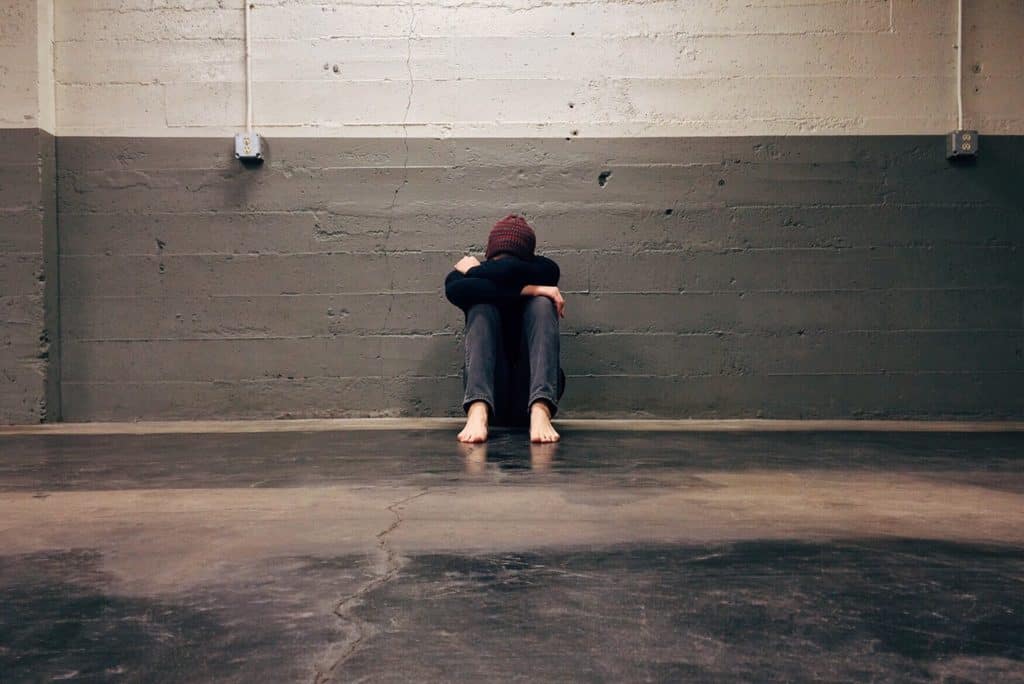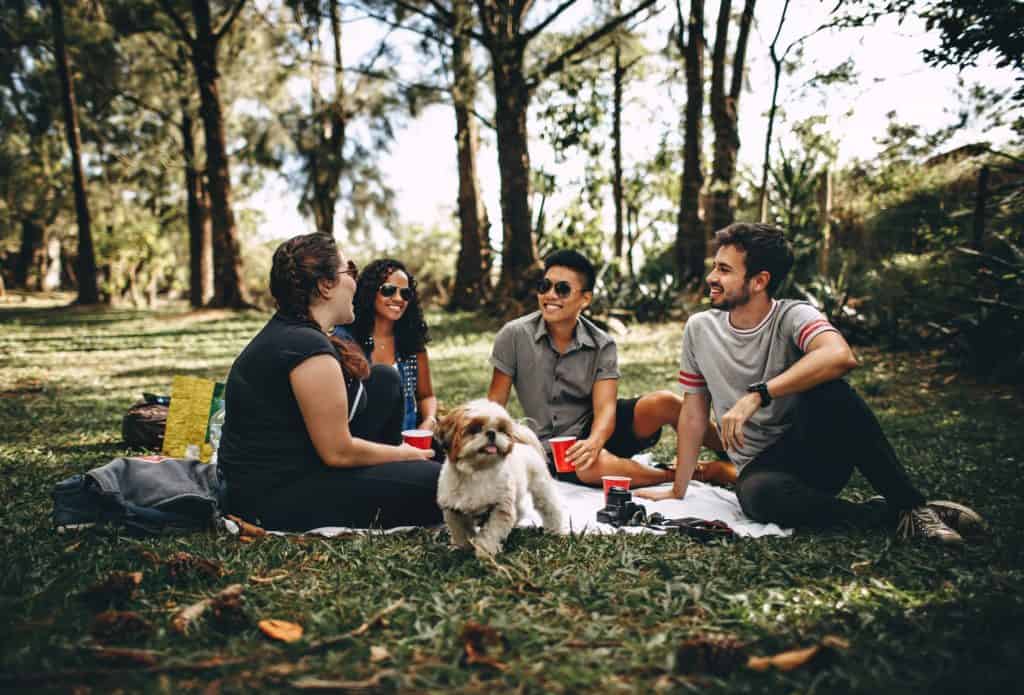It is not uncommon for us all to experience nervousness before and/or during particular social situations from time to time, when we are subject to the attention of other people, regardless of whether they are family, friends, colleagues or unfamiliar people. For example, attending a job interview, making a presentation at work, public speaking or performing at a major function, or attending a formal event are all situations where a degree of nervousness is quite normal.
However, for an individual suffering from Social Anxiety Disorder, otherwise referred to as Social Phobia, specific social situations or general, day-to-day social situations can ignite intense and irrational feelings of anxiety and fear. People with social anxiety are fearful of:
(i) saying or doing the wrong thing in front of other people, and
(ii) criticism, scrutiny, humiliation or negative judgement from other people.
A person battling with social phobia may feel embarrassed, humiliated, inferior or depressed following a challenging social situation. Physical symptoms of social anxiety evident during a social situation may further exacerbate an individual’s anxiety.
Social anxiety can severely affect a person’s ability to lead a normal life and may impact their personal health, relationships with others and/or their work life. Avoidance of some or almost all social situations may occur where a person’s social anxiety and fear is very intense.
Causes Of Social Anxiety
In general, it is a multitude of factors that contribute to the development of social anxiety disorder, rather than one individual cause. These factors may be specific to the individual or environmental. In most cases, the avoidance of particular, or in more extreme cases, all social situations only worsens a person’s social anxiety.
Personal Factors
–Family History: A person may be genetically predisposed to social phobia. Specific patterns of social behaviour may run in an individual’s family that may increase their likelihood of developing social anxiety disorder.
–Personality/Temperament: Individuals, whether children, adolescents or adults who are generally shy or timid in nature or particularly emotional may be at greater risk of cultivating social anxiety disorder than people who are especially confident and display higher emotional intelligence (i.e. having awareness and control of one’s emotions).
Environmental Factors
–Acquired Behaviour/Response: A person who has been treated poorly by others or experienced significant levels of bullying, humiliation or embarrassment in their school, work or personal lives may have an increased risk of developing social phobia (due to learned behaviour).
–Negative Thinking Patterns: Worrying obsessively about how you will act, the reaction of others or catastrophising possible outcomes of a social situation can further heighten feelings of social anxiety and reinforce negative thinking.
–Avoidance Of Situations: Avoiding social situations can in fact exacerbate feelings of social anxiety, as a person may become increasingly fearful of social interactions. In fact, in many cases, social participation turns out to be less frightening and the outcome less catastrophic than one imagined; by avoiding such situations entirely, a person misses the opportunity to recognise they can indeed cope better than predicted in some situations.
Situations Which May Induce Social Anxiety
Social anxiety may be experienced in anticipation of certain or general social interactions, as well as during the interaction itself. The following situations may induce intense feelings of fear and anxiety for someone suffering from social phobia:
- formal events
- job interviews
- public speaking or making a presentation
- performing (e.g. an instrument)
- social gatherings with family and/or friends (e.g. sharing a meal)
- attending a party or event (particularly, with unfamiliar people)
- attending school, university or work
- using public facilities e.g. transport, toilets
- waiting in a queue
- meeting or being introduced to new people
- meeting people of authority
- speaking in a group environment
- talking to/in front of familiar/unfamiliar people
- talking with a romantic interest
- conducting small talk with a colleague, acquaintance or stranger
- making eye contact with other people
- being the centre of others’ attention (e.g. on your birthday)
- demonstrating an activity that requires skill (e.g. in the workplace)
- being watched or observed by others while conducting a daily activity (e.g. while eating or drinking, using a phone or writing)
- circumstances which require an opinion, assertiveness or decision-making
- being the subject of criticism or teasing
To learn about the signs and symptoms of social anxiety disorder, be sure to check out our next article in this series ‘Social Anxiety – Part Two: Signs And Symptoms Of Social Anxiety’.
If you or someone you care about are suffering from social anxiety disorder, it is vitally important you seek professional help and assistance to overcome it. Living with and experiencing social phobia on a regular basis significantly impacts a person’s ability to go about their daily life with the confidence and joy they deserve. Get in touch with our friendly team at Blissiree Pty Ltd today, for professional help in order to overcome your anxiety.




